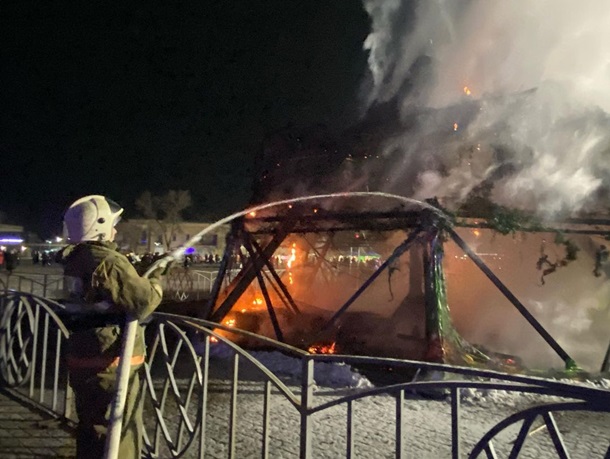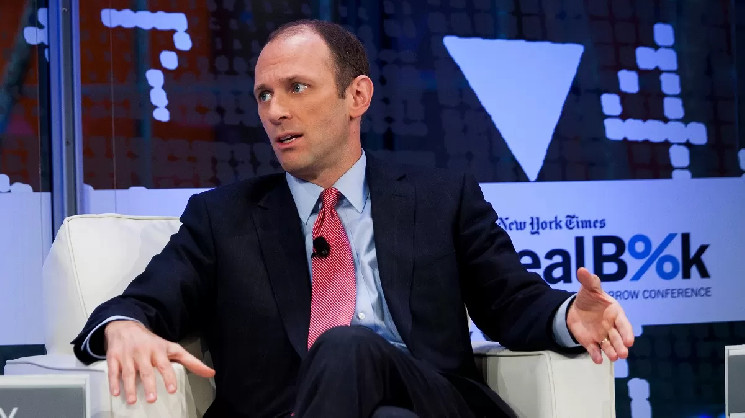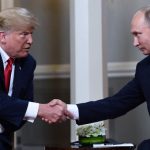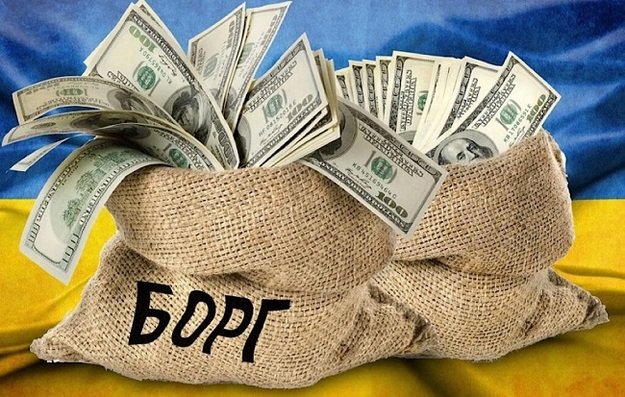Chicago Fed President Austan Goolsbee recently touched on a range of key economic issues, from the trajectory of inflation to the impact of the dockworkers’ strike, in a series of speeches that touched on the U.S. labor market, consumer confidence and the path of interest rate cuts.
Goolsbee said the early stages of the dockworkers’ strike affecting U.S. ports may only cause minor inconvenience. But he warned that over time the strike could disrupt supply chains and cause prices of some commodities to rise. “Retailers are already stockpiling,” he said, noting that businesses currently have about two weeks’ worth of supplies on hand. “The more significant impact will come later,” he added.
On the inflation front, Goolsbee sounded optimistic, saying the latest inflation figures were in line with the Fed’s goal. He also noted that the labor market was at full employment, signaling that the central bank’s efforts to curb rising prices were successful. “We’ve brought inflation down significantly,” Goolsbee said, noting progress in bringing price increases under control after months of aggressive monetary tightening.
Turning to interest rates, Goolsbee downplayed the significance of the exact size of future cuts. “A 25 basis point or 50 basis point cut is not as significant as lowering rates significantly over the next 12 months to get to a neutral rate,” he said. That statement suggests the Fed is focused on gradual moves toward a rate that neither stimulates nor constrains economic growth, rather than focusing on gradual reductions.
Goolsbee also commented on the consumer confidence index, which he said was affected by “partisanship.”
*This is not investment advice.













